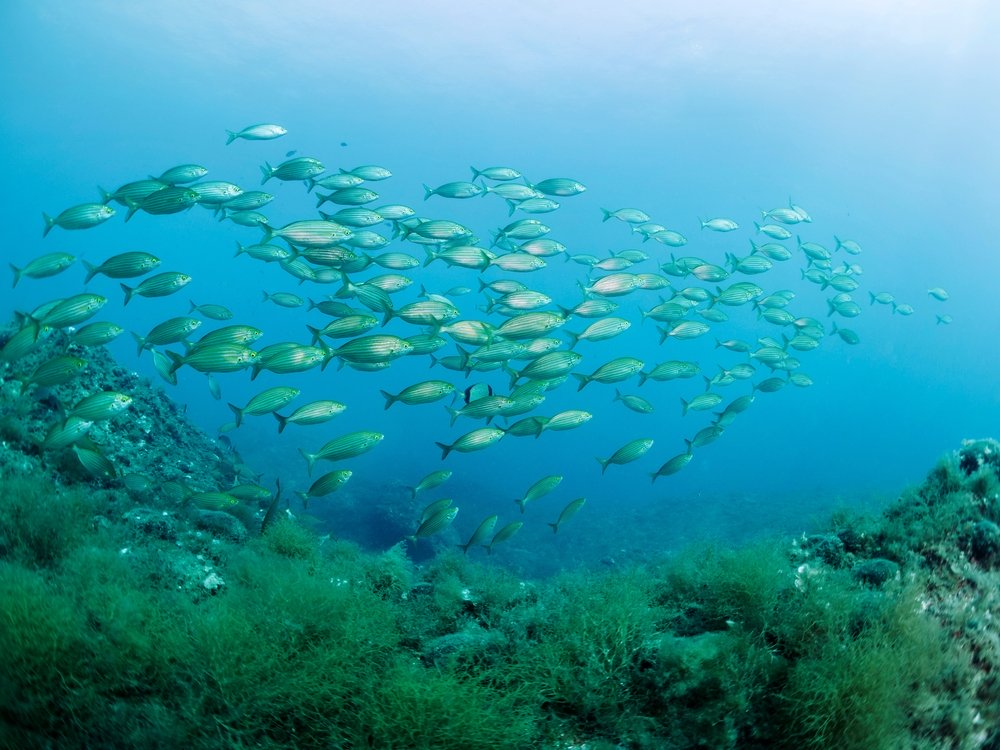A recent study sheds new light on offshore wind farms. Experts identified 228 potential chemicals that could enter the sea from the turbines and thus cause significant environmental pollution. 62 of these are considered to be of particular environmental relevance. These substances are on the list of the European Chemicals Agency (ECHA). Among them are chemicals with toxic properties, hormonal effects, or with the potential to accumulate in the food chain. Carcinogenic substances are also among them. Corrosion protection, in particular, contributes significantly to this. The results were published in the journal. (Marine Pollution Bulletin, 06.2025)
Chemicals in Focus of Research
The study shows that offshore wind farms not only provide energy but are also a source of chemicals. Around 70 percent of potential emissions are caused by corrosion protection, and about 10 percent by oils and lubricants. Coolants and fire extinguishing systems also contribute to pollution. Experts therefore call for precise monitoring to assess the actual environmental impact.

The Federal Maritime and Hydrographic Agency emphasizes that measurements before construction and during operation are necessary to determine environmental impact. Only with such data can it be determined how severely chemicals affect the marine ecosystem. This could make future offshore wind farms more sustainable.
Reducing Environmental Impact Through Technology
The study also shows ways to reduce environmental impact. Alternative corrosion protection systems, closed cooling systems, and biodegradable operating fluids could replace many chemicals. “However, industry-specific standards, such as those used in shipping, are lacking,” the Federal Agency stated in a statement.
While there are regulations in Germany that oblige project developers to implement emission control strategies, this approach is nevertheless insufficient. International guidelines are considered crucial for permanently reducing the environmental impact of offshore wind farms. Without uniform standards, the protection of the marine ecosystem remains incomplete.
International Responsibility for the Marine Ecosystem
The study was conducted in collaboration between the Federal Office of Sea, Sea, and Offshore Wind Energy (BSH), the French IFREMER, and the Belgian ILVO. Only through international cooperation can chemicals and their impacts be comprehensively recorded. Experts are therefore calling for binding regulations to ensure that offshore wind farms do not conflict with environmental protection goals.
A clear legal framework for planning, construction, and operation is considered a prerequisite. Furthermore, binding standards for corrosion protection and operating materials should be established. This is the only way to reduce environmental impact and ensure that the energy transition with offshore wind farms remains consistent with the requirements for protecting the marine ecosystem.
